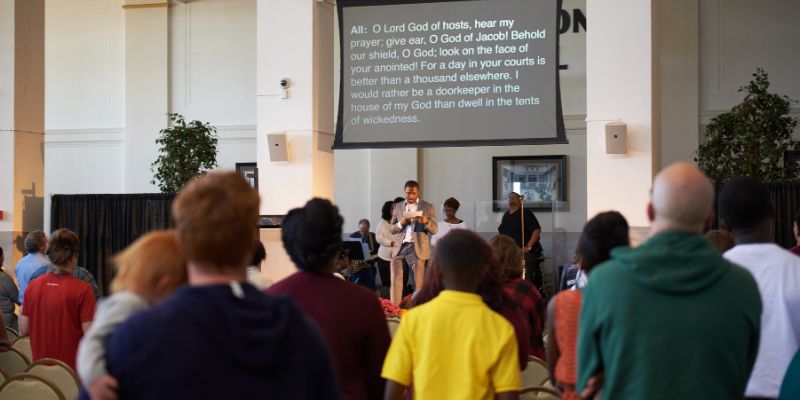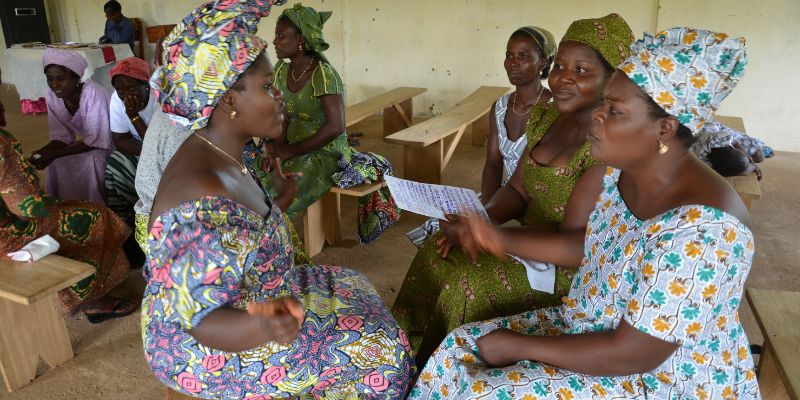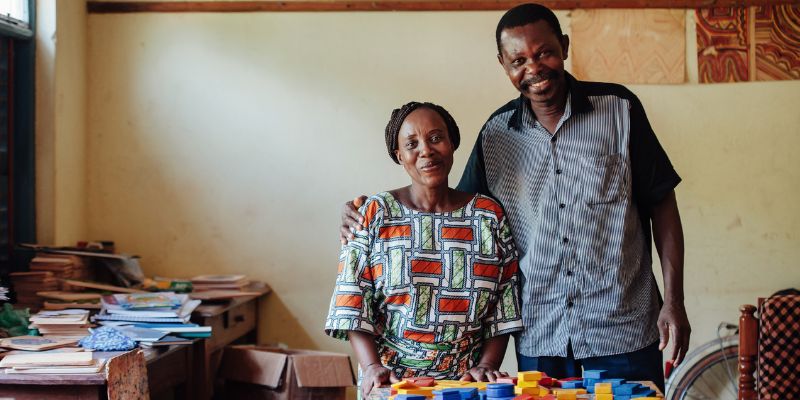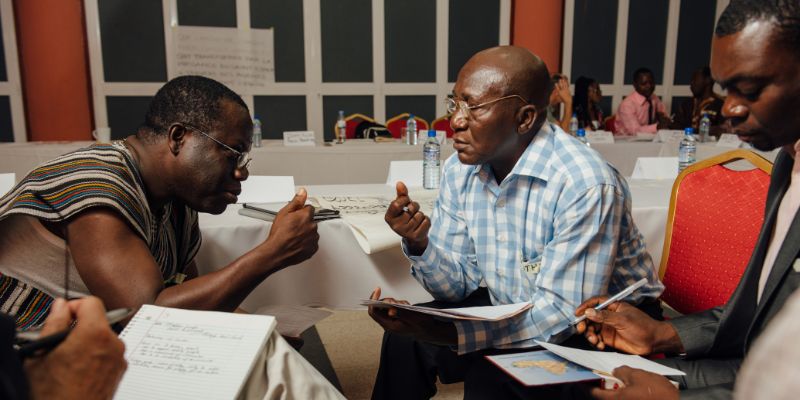Search
Categories
Tags
Posts in “Ministry Design Principles”
Addressing Brokenness through Ministry Design Principles
Over the last few months, we have reviewed the Ministry Design Principles established by A Field Guide to Becoming Whole, and today we look at the last five principles. Creating and stewarding God’s Kingdom Community means that we need to actively care about our stories, practices, systems, people, and spirits, which these twenty principles seek to address. Together, these principles help us steer our ministries toward a whole, flourishing community in Christ.
Becoming Whole Through Formative Practices
Building God’s kingdom community means working to replace destructive formative practices with those that lead to true flourishing. The Ministry Design Principles we’re highlighting this week focus heavily on the relational aspect of poverty alleviation. Afterall, we are each innately relational beings with minds, affections, wills, and bodies, and we need to remember this as we walk alongside people in material poverty.
Holistic Approaches to Development
Material poverty is complex, and not reducible to a single cause. Healthy, sustainable poverty alleviation ministries need to address all five root causes of material poverty—Individual brokenness, Systemic brokenness, false stories of change, broken and destructive formative practices, and demonic forces. Over the last few weeks, we’ve looked at Ministry Design Principles that contribute to the kingdom community and to God’s story of change, and today we continue examining principles that equip us to replace destructive formative practices. We seek to evaluate and replace our existing practices in favor of those that empower and equip our communities.
Reframing Our Ministry Practices in Light of God’s Story of Change
Resuming our journey through the Ministry Design Principles, we turn our attention to replacing destructive formative practices in our fundraising, in our relationships with stakeholders, and in our marketing strategies. A ministry working to walk in the path of God’s story of change pursues practices that treat all stakeholders as a community of broken yet restored priest-rulers, people who are relying on the power of Christ’s death and resurrection to jointly steward their wide range of gifts.
Combating False Gods and False Stories in Ministry Design
We’ve been sharing Ministry Design Principles in a series of posts (you can read last week’s here). All these principles can, in some sense, be bundled under 6 aspects of holistic poverty alleviation—1) Forming the kingdom community, 2) addressing false stories of change, 3) addressing broken practices, 4) addressing broken individuals, 5) addressing broken systems, and 6) addressing demonic forces.
Foundational Ministry Design Principles
Poverty alleviation is complex, so principles are more helpful than blueprints for designing an effective poverty alleviation ministry. There is no one-size-fits-all solution to material poverty, and context matters, too. Ministry tools and strategies that work well to facilitate lasting transformation in a rural village in Togo might not work in an urban area in the U.S., and vice versa. Effective, sustainable ministry reflects God’s story of change and the way He has made us as human beings.








